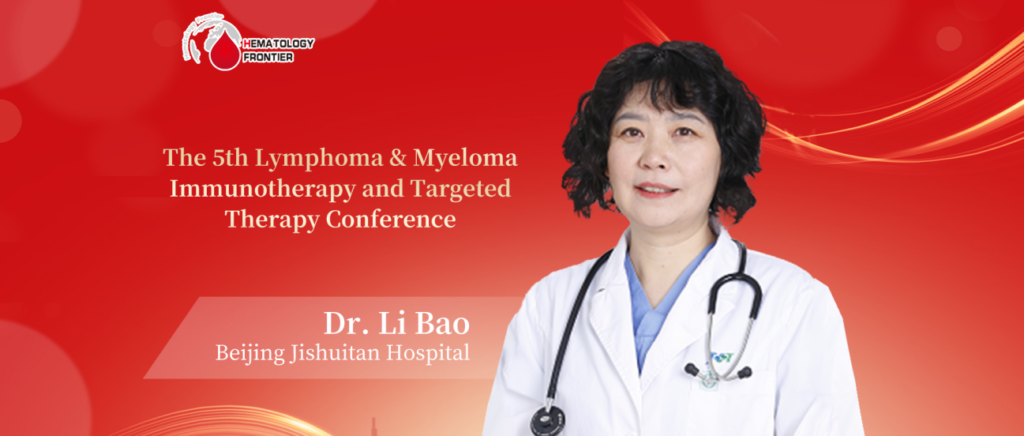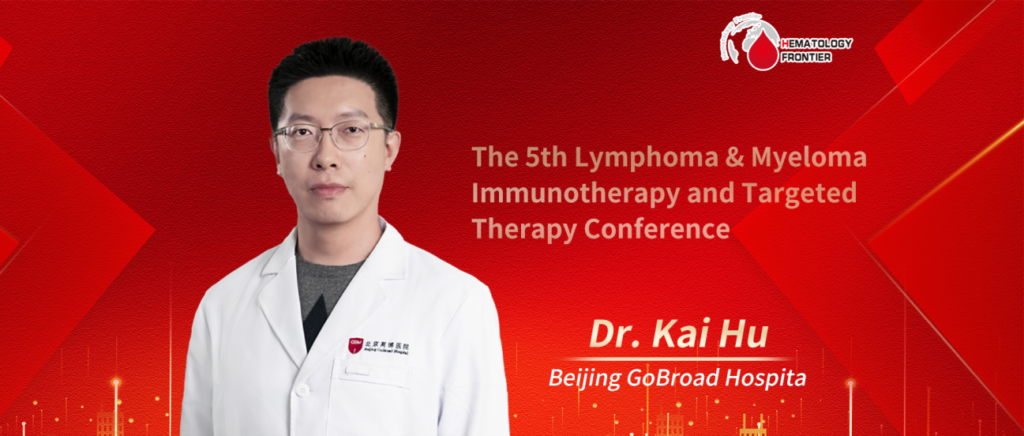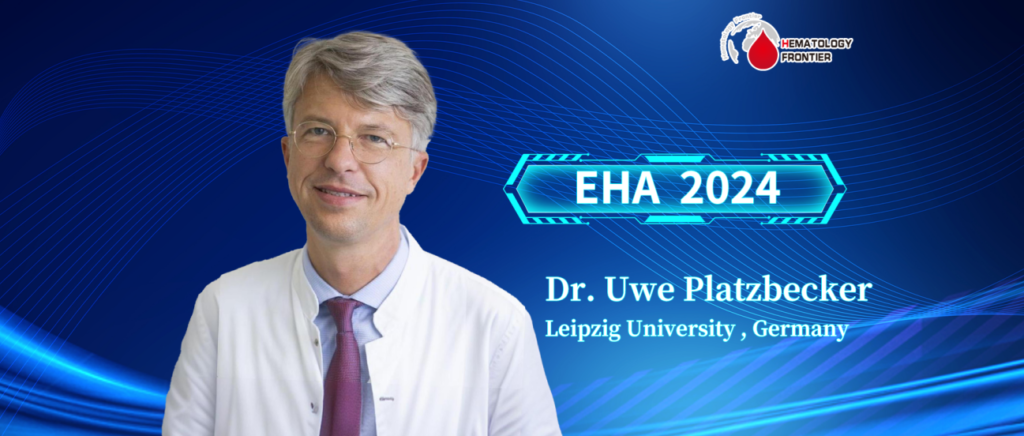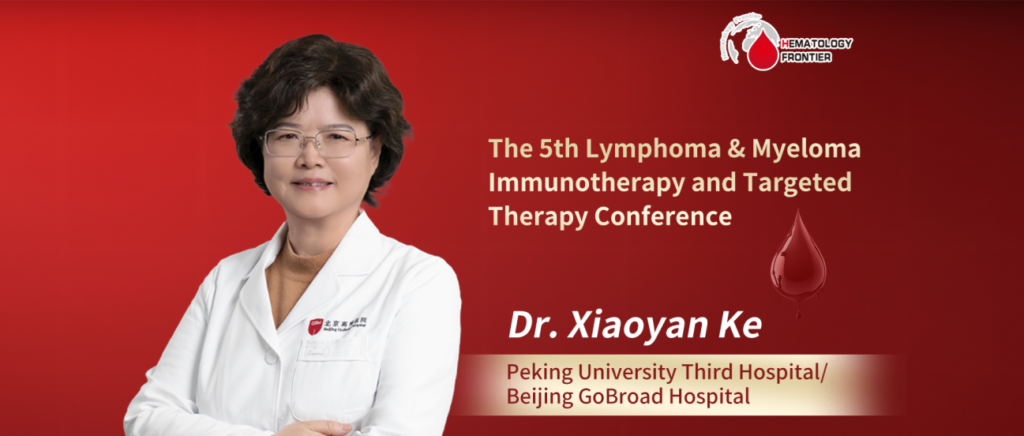Dr. Li Bao: Comprehensive Analysis of Hemophagocytic Lymphohistiocytosis (HLH) from Diagnosis to Treatment
On July 20, 2024, the 5th Lymphoma & Myeloma Immunotherapy and Targeted Therapy Conference, along with the Gaobo Medical Academic Conference, was successfully held in Beijing. With the core concepts of "Precision, Integration, Innovation," the conference closely followed the latest developments and frontier topics from the 29th European Hematology Association (EHA 2024) and the 2024 American Society of Clinical Oncology (ASCO) annual meetings. To deepen the exchange and discussion, Oncology Frontier - Hematology Frontier invited Dr. Li Bao from Beijing Jishuitan Hospital for an exclusive interview to discuss advancements in the field and share academic insights.










